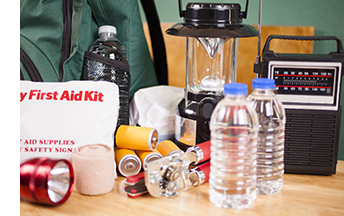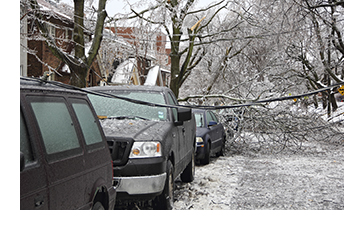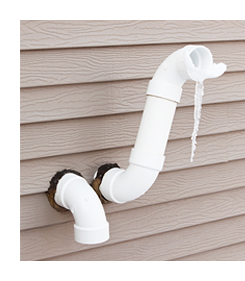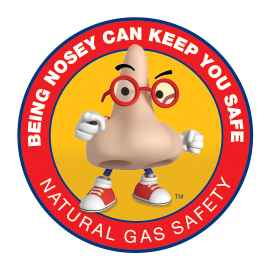 |
Connect with us. |

|
As an educator, you play a critical role helping students take positive action in the areas of safety, energy efficiency, the environment and ethics. Storms can be scary for young students and their parents when they don’t know how to properly prepare, know what to expect and how to respond during emergencies and power outages. Safety is National Grid’s number one priority. We’re here to partner with you, giving you the tools you need to educate your students on how to weather storms safely. Weathering storm season safely Any winter storm can lead to slick driving conditions, fallen trees and power outages, but blizzards are by far the most treacherous. Even when not in a storm’s direct path, we can still experience their wrath. High winds, heavy snowfall, sleet and hail often go hand-in-hand with power outages, bringing on a host of potentially dangerous circumstances. Proper preparation is important to safeguard our communities. Below are some tips that you can share to help you and your families get ready for severe weather.
Even when not experiencing a snowstorm, it’s always a good idea to have an emergency kit on hand. Power outages can be caused by other foul-weather storms or a car accident. Be prepared.
After a stormDowned wires
Keep in mind that fallen trees and trash caused by the storm can hide downed power lines. Be extra careful in areas where there is visible damage. Service restoration Once safe conditions are established, our crews begin restorations. Please keep in mind that it may take a while for your power to return. Our crews target critical sites, such as hospitals and public safety facilities, first before they can work on local neighborhood lines. Be prepared for additional outages; damage can be caused by equipment failure or trees weakened by the storm even after your power has been restored. Check Outage Central for more information if you’ve lost power. While we work to restore your service, here is what you should keep in mind following a storm:
Get involvedNational Grid works closely with the American Red Cross to prepare the communities we serve for natural disasters. As part of the American Red Cross Annual Disaster Giving Program, National Grid operates behind the scenes with the Red Cross and first responders to address the basic needs of our customers, such as food, shelter and water, during an emergency. The Annual Disaster Giving Program allows the Red Cross to help communities prepare for and recover from natural disasters. With support from National Grid and other companies, the Red Cross is able to respond to nearly 70,000 disasters each year. Recently, National Grid pledged an additional $100,000 to the Red Cross to aid in responding to Hurricane Harvey. We encourage customers to find volunteer opportunities to support community readiness. Taking an active role in community planning and preparation, supporting relief efforts and donating funds or goods when you are able can help your neighbors in times of disaster. Meet “Mr. Nosey” – Being Nosey Can Keep You SafeA natural gas leak can be unsafe – that’s why it’s so important to share the following with your students and their families: Use your senses to spot a natural gas leak as soon as it happens. Mr. Nosey is always on the lookout and so should you:
If you think you’ve found a natural gas leak: Get outside immediately and call 911 and your local gas provider. DO NOT use your phone or cell phone inside the house. DO NOT turn any light switches on or off. DO NOT light any candles. Smell Gas. Act Fast. |
Explore our world of energy education.
Visit ngridenergyworld.com.
| #11077 © 2018 Culver Media, LLC |
 Emergency storm kit contents:
Emergency storm kit contents: If you see a downed power line, leave the area immediately and call 911. If a power line falls on your car, call 911 and stay inside the car until help arrives. And, if you must leave the car because of fire or other dangers, be sure to follow proper safety practices (see “
If you see a downed power line, leave the area immediately and call 911. If a power line falls on your car, call 911 and stay inside the car until help arrives. And, if you must leave the car because of fire or other dangers, be sure to follow proper safety practices (see “
